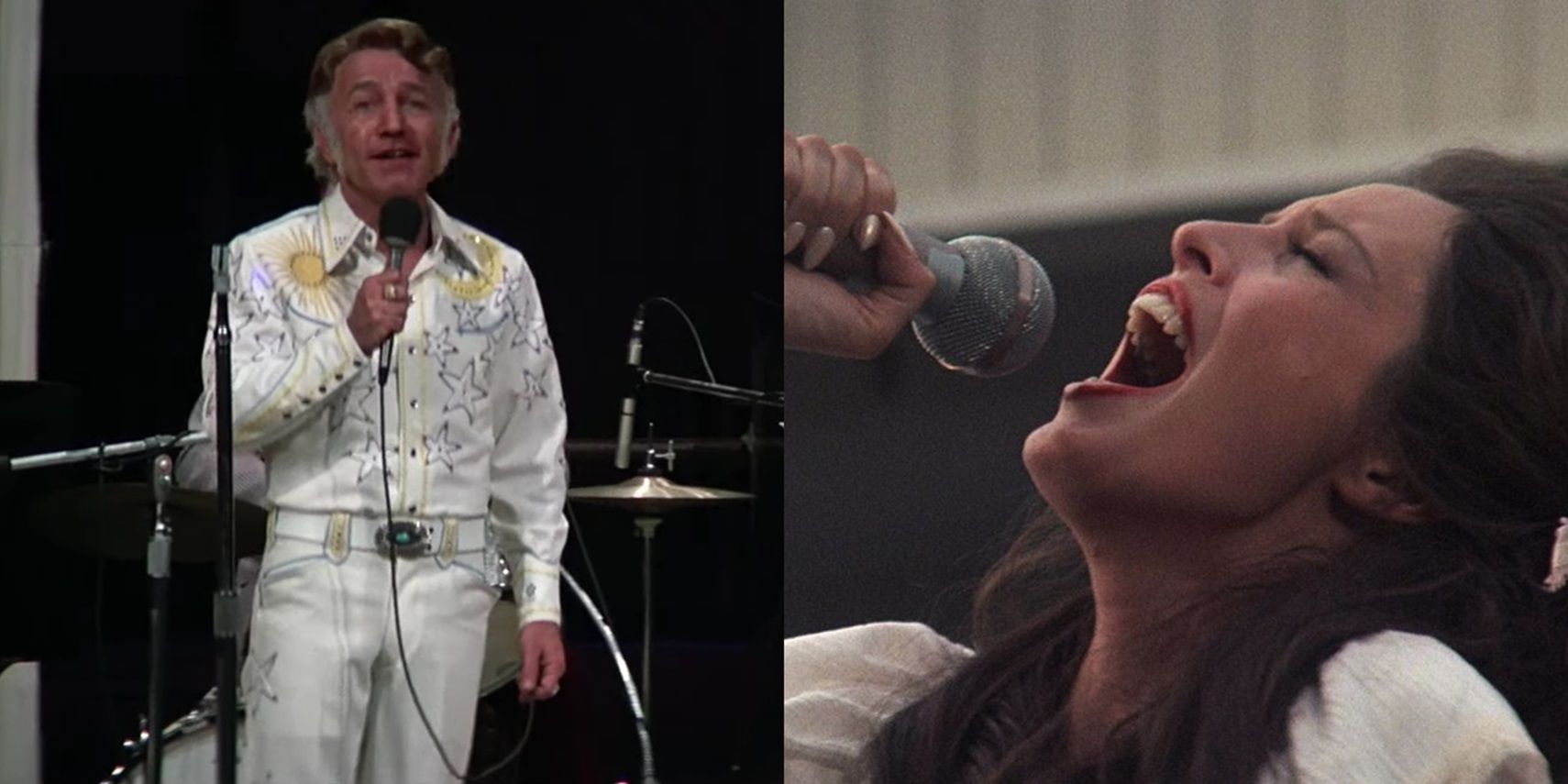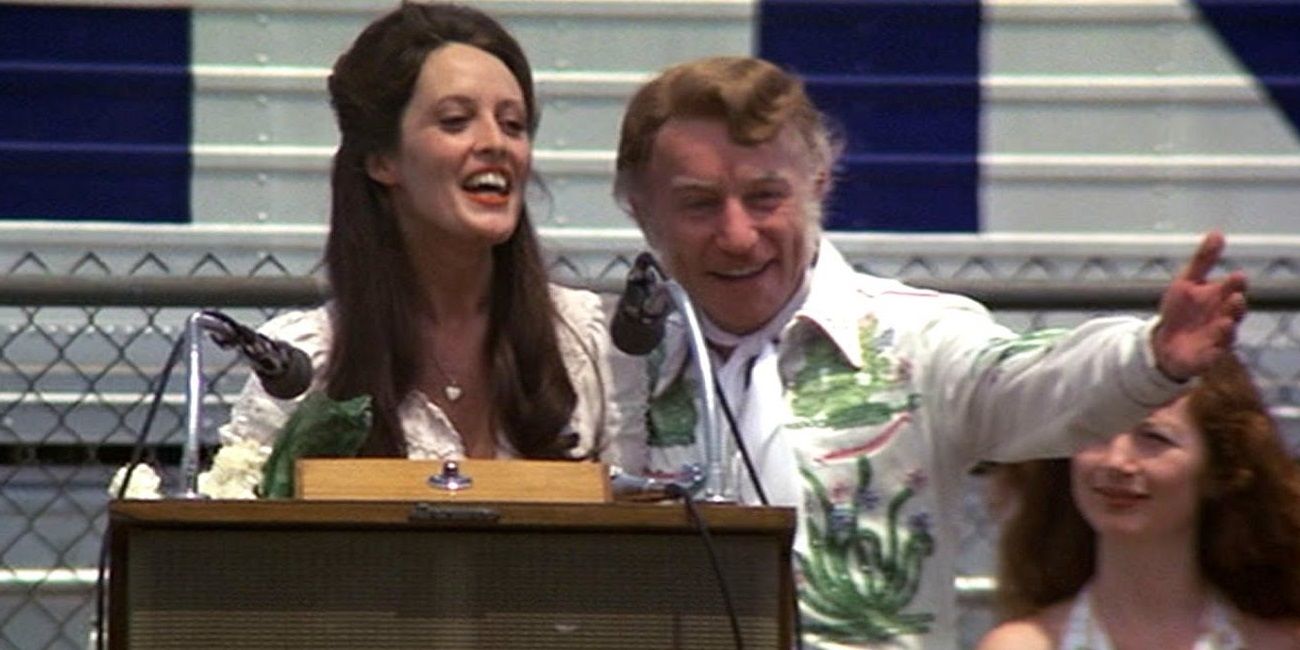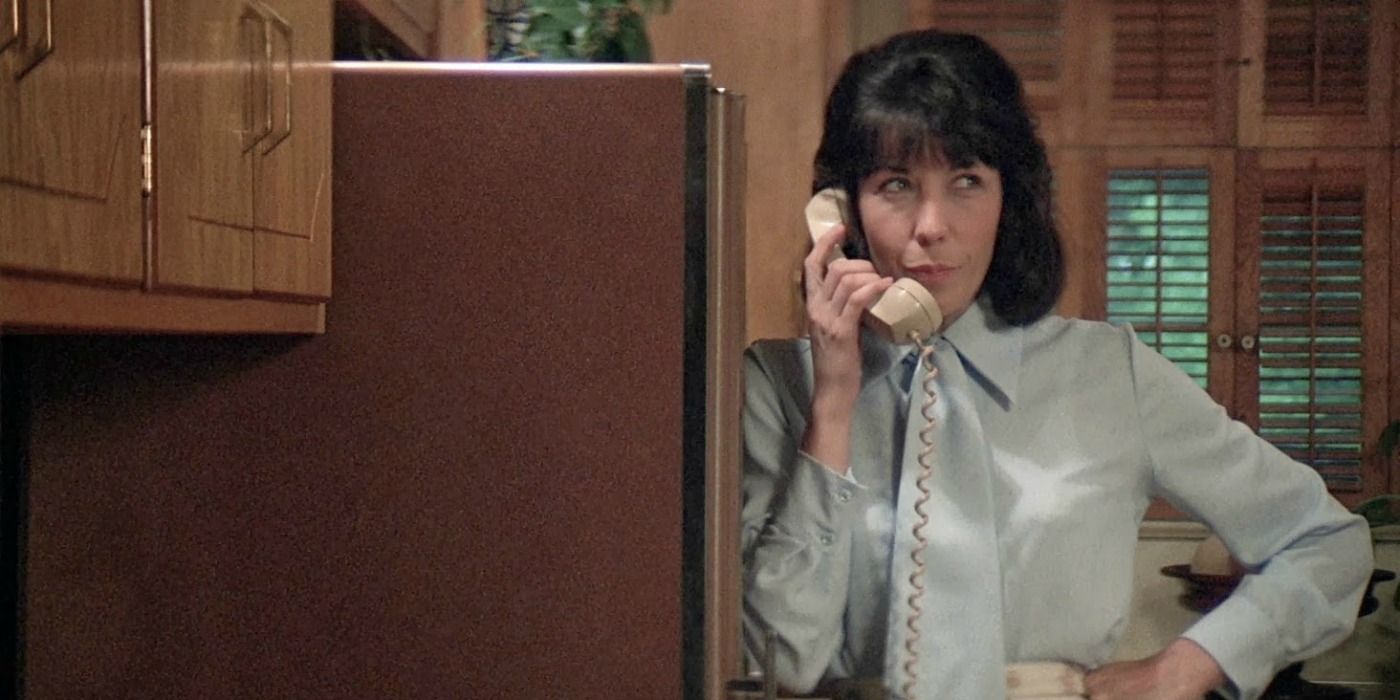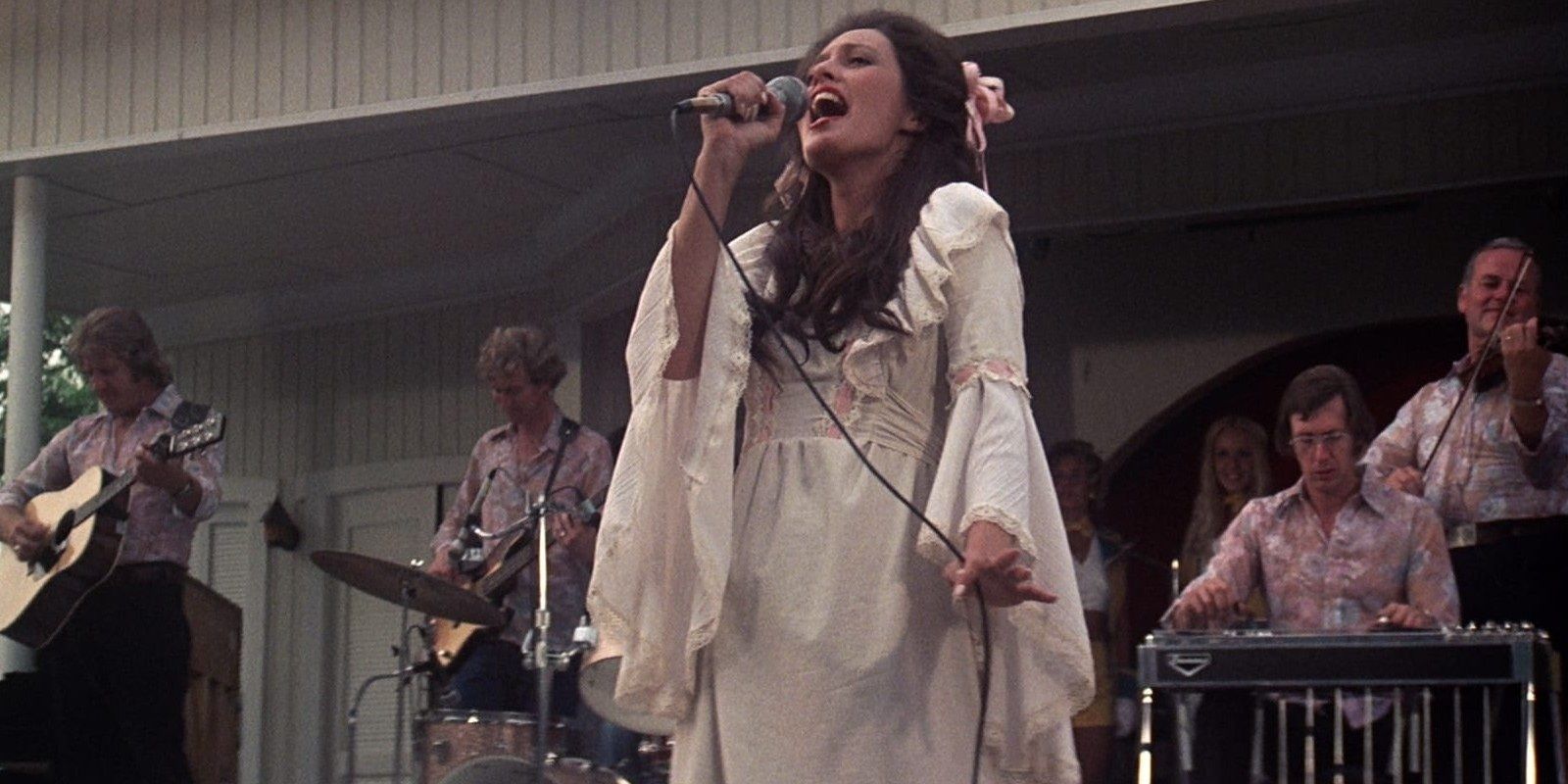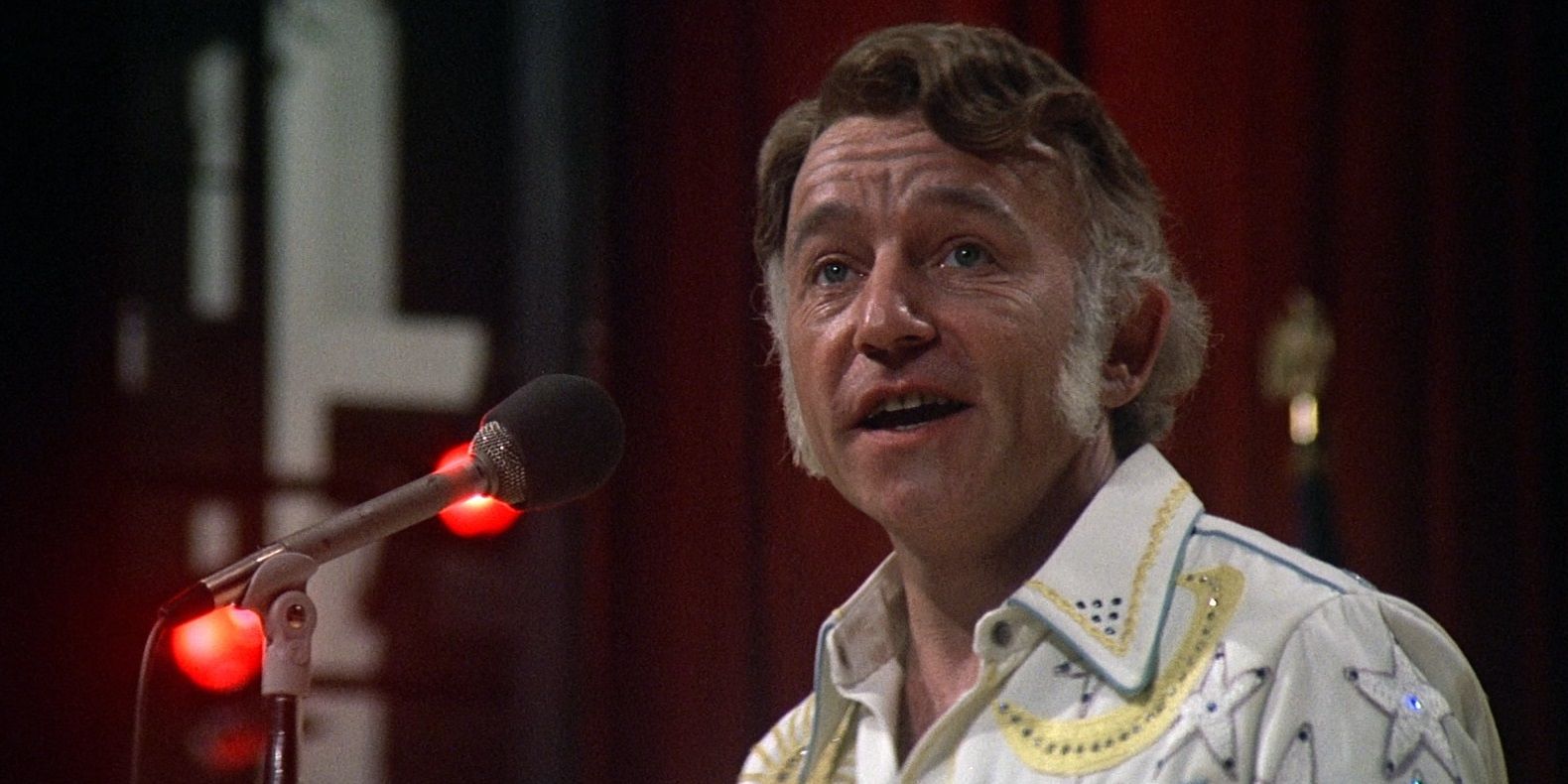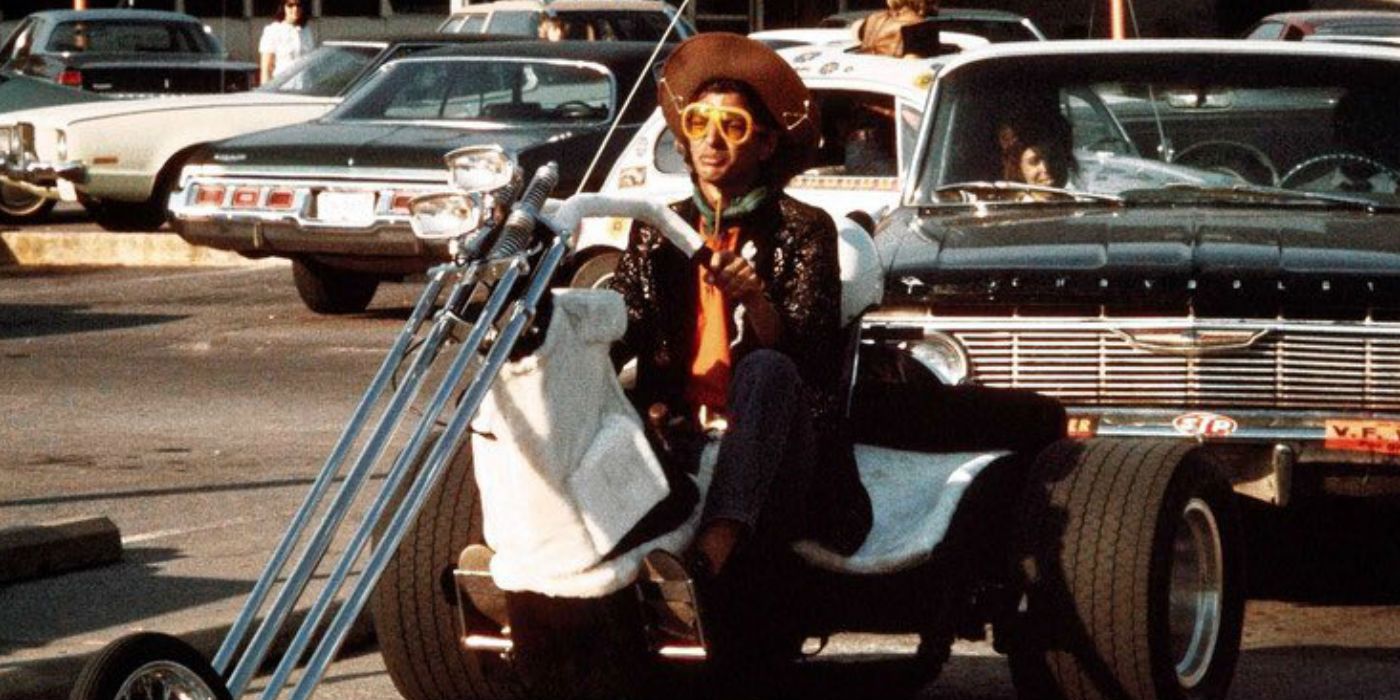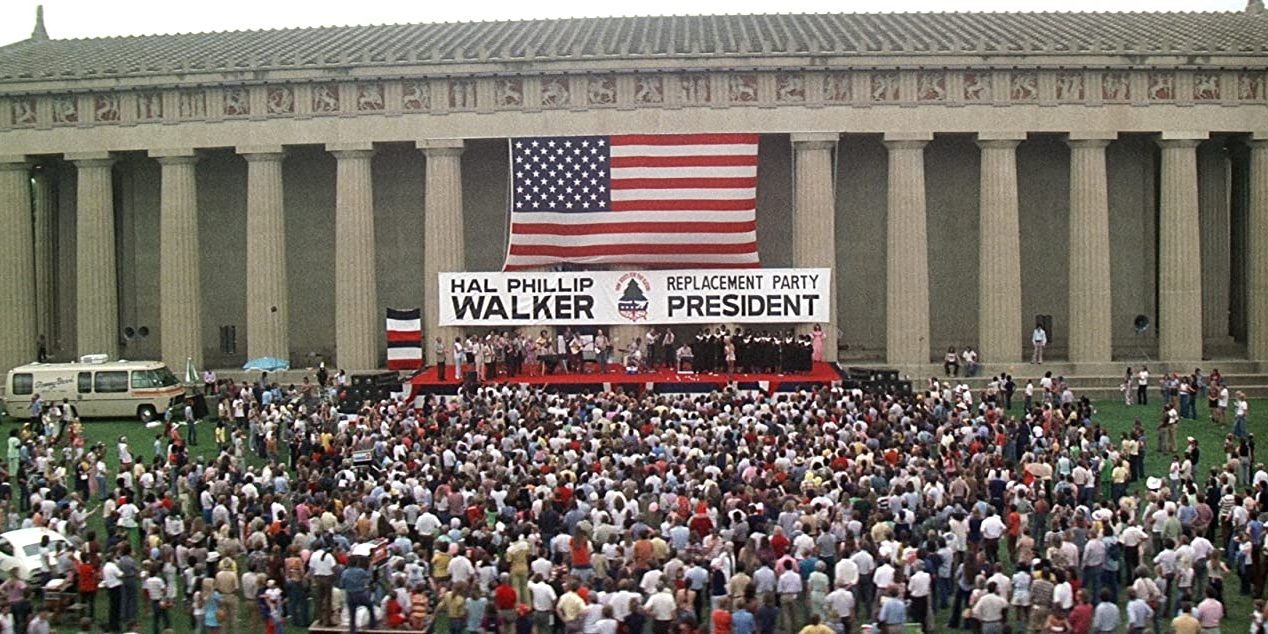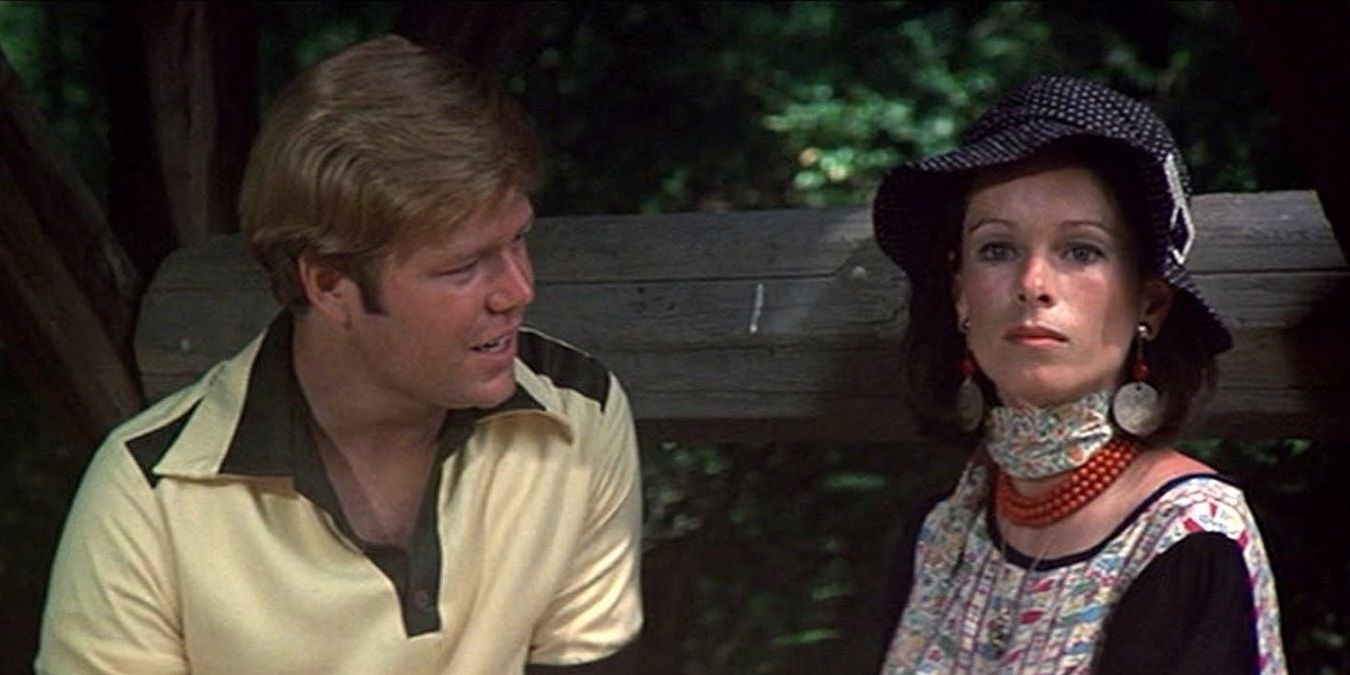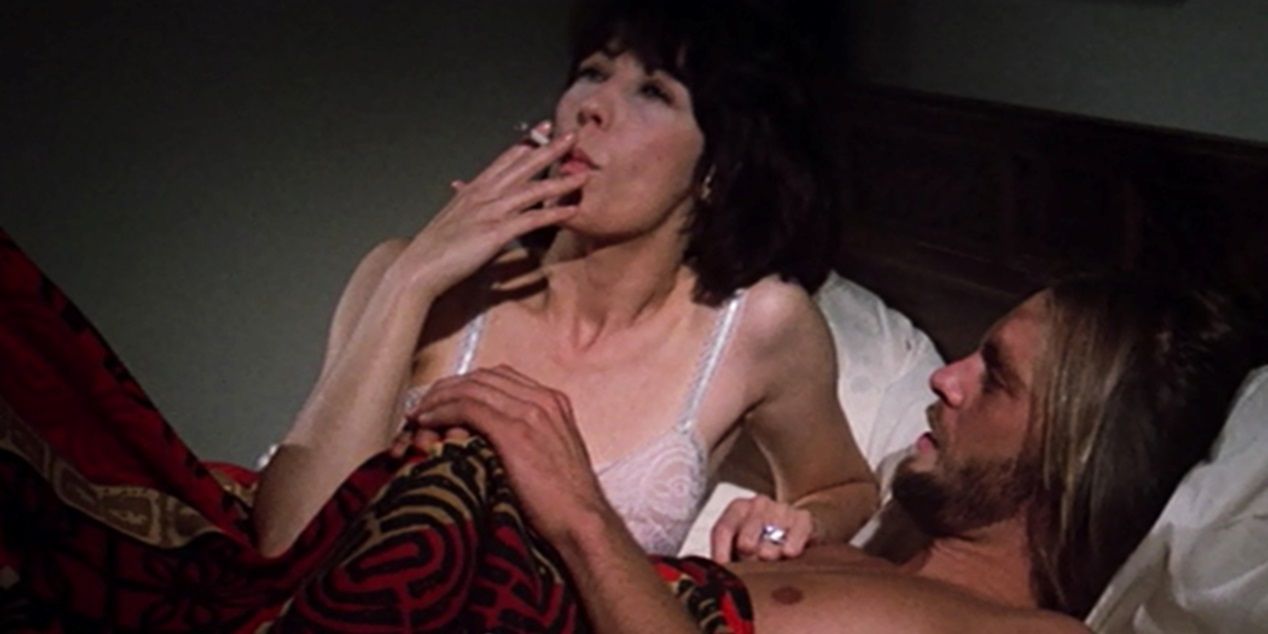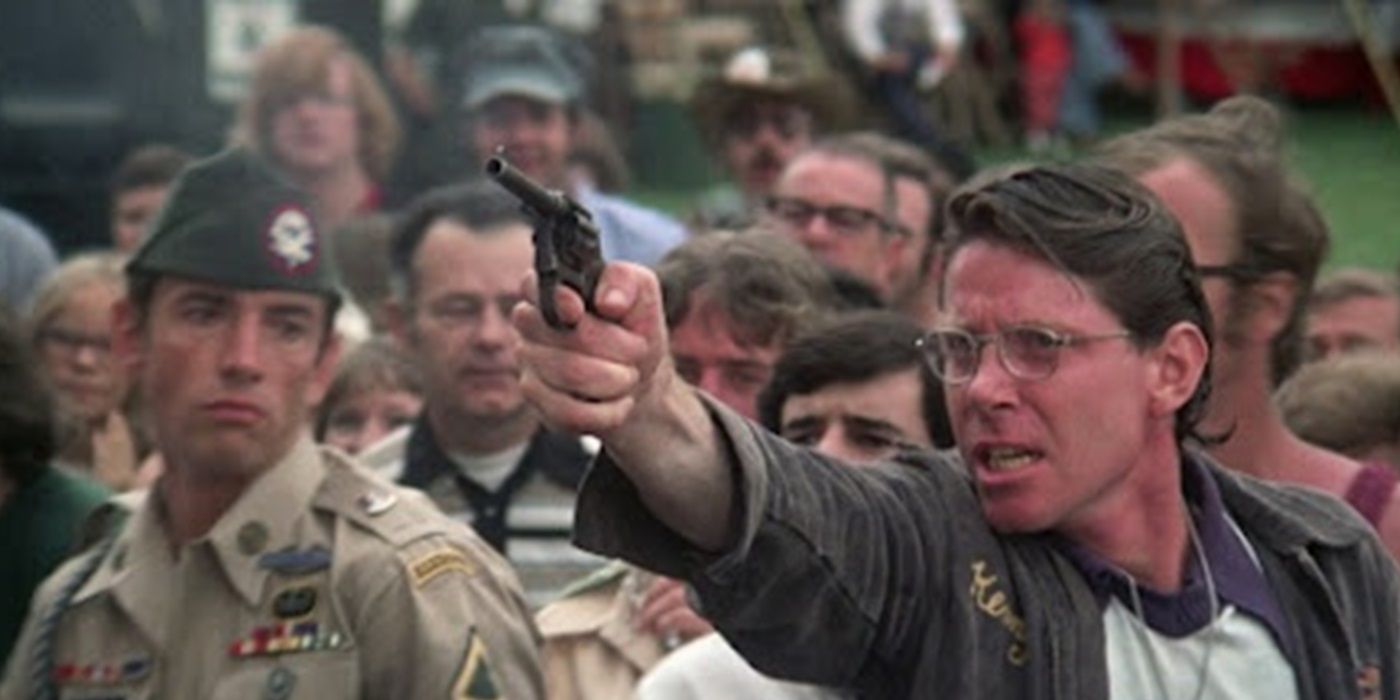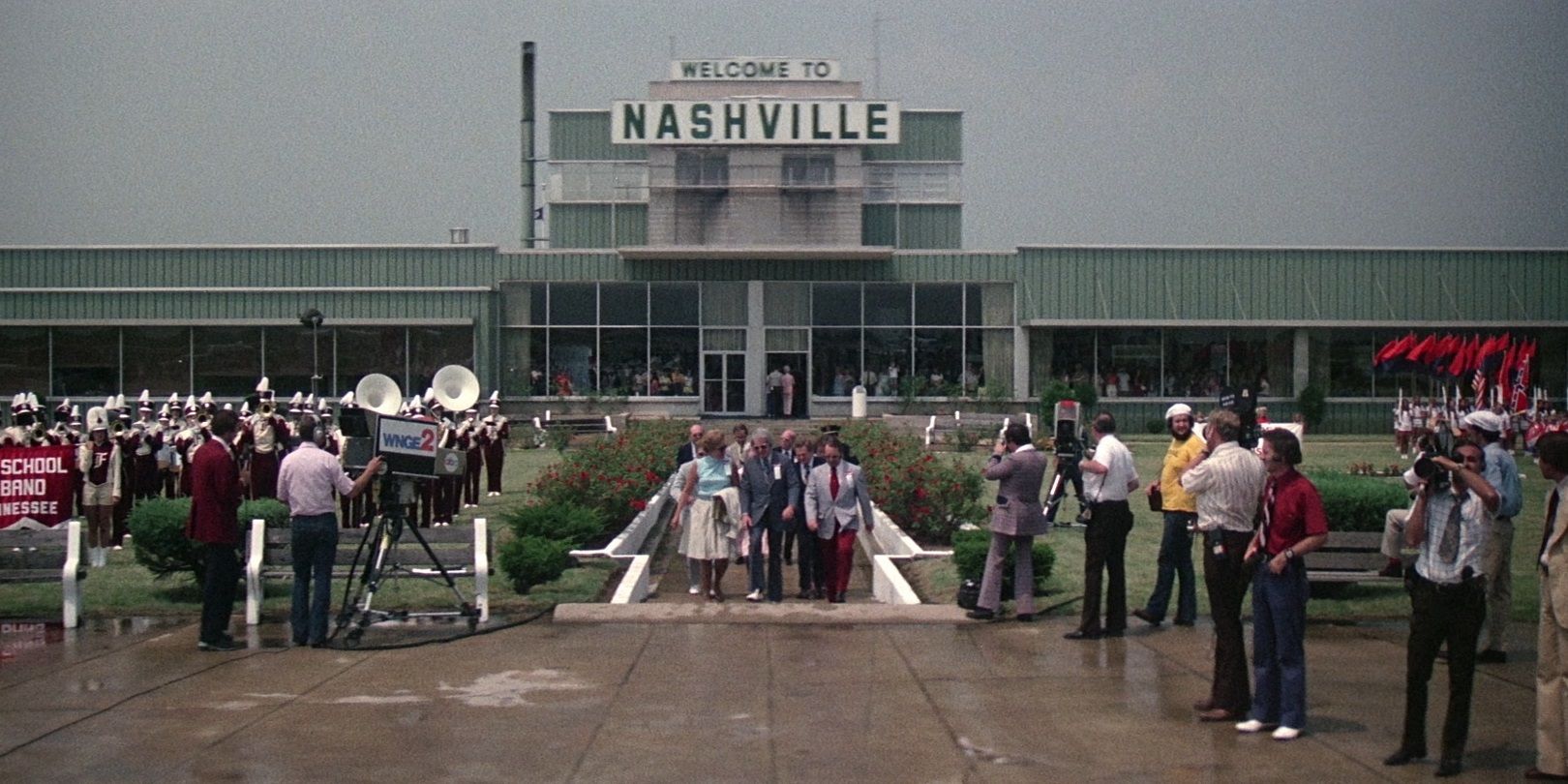The legendary Robert Altman was such a groundbreaking and prolific filmmaker that it’s near-impossible to name the definitive masterpiece of his career. M*A*S*H, Short Cuts, The Long Goodbye, 3 Women, The Player, and McCabe & Mrs. Miller are all brilliantly made movies that had a profound influence on American cinema.
But despite how great all those films are, the work most commonly described as Altman’s magnum opus is 1975’s Nashville. Almost half a century later, Altman’s epic satirical study of the country music scene still holds up.
It Captures An Authentic Slice Of Life
Nashville, more so than any of Altman’s other movies (although Short Cuts does a great job of this, too), captures an authentic slice of life.
There’s a real sense of verisimilitude in Nashville. It doesn’t play like a scripted, fictional movie; it plays like Altman went to Nashville, planted a camera in the middle of various conversations and events, and captured life as it played out in front of his lens.
Lily Tomlin Proved Her Dramatic Chops In The Role Of Linnea Reese
Lily Tomlin was already a legend on the standup comedy scene by 1975, having won a Grammy Award for her album This is a Recording, but she proved her abilities as a dramatic actor in Nashville.
Tomlin’s performance as Linnea Reese, a gospel singer stuck in an unhappy marriage, managed to stand out so much within Altman’s massive ensemble that she caught the attention of Academy voters and earned an Oscar nomination for Best Supporting Actress. Giving the most naturalistic acting in the movie, Tomlin disappears into her complex, conflicted role.
The Soundtrack Is Filled With Memorable Country Songs
Some country musicians felt slighted or mocked by Altman’s movie, but it’s a documentary-like warts-and-all examination of the industry. The respectfulness of the film’s portrayal of musicians is in the eye of the beholder, but the actual music is fantastic.
The soundtrack is made up of a bunch of great original country songs. Henry Gibson’s patriotic opus “200 Years” provides a catchy hook in the opening scene. Keith Carradine’s “I’m Easy” went on to win the Academy Award for Best Original Song.
Joan Tewkesbury’s Screenplay Is Perfectly Structured
Joan Tewkesbury wrote the script for Nashville based on her own experiences visiting the Tennessee city as an outsider looking in. Her writing deftly interweaves the many main characters’ storylines.
She never stays on one character for long enough to become dull or boring. Instead, the script stays on its toes. Tewkesbury keeps jumping around the ensemble, building on the relationships and conflicts that tie the characters together.
The Ensemble Cast Is Filled With Recognizable Stars In Quirky Roles
The cast of Nashville is jam-packed with recognizable faces. Today, it’s fun to go back and see all the actors who went on to become huge stars playing quirky early-career minor roles in Nashville.
Jeff Goldblum – who went on to star in Jurassic Park, the biggest movie of all time – has a non-speaking role as the Tricycle Man, the film’s structural connector who rides around town on a three-wheeled motorcycle. Shelley Duvall, now best known for playing Wendy Torrance in The Shining, plays “L.A. Joan,” who comes to Nashville supposedly to visit her dying aunt, then spends her whole trip trying to seduce musicians.
The Political Division Still Rings True
The running plot thread that ties all of Nashville’s storylines together is the Replacement Party presidential campaign of Hal Phillip Walker. Walker is never shown on-screen, so his presence in the film solely revolves around the radical ideas on which his campaign is built.
Walker is presented as a political outlier, like Ralph Nader, peddling the slogan “New Roots for the Nation.” The division among Nashville’s ensemble still rings true in today’s increasingly fraught political landscape.
Geraldine Chaplin’s Kooky BBC Reporter Provides An Interesting Framing Device
Geraldine Chaplin’s kooky BBC reporter Opal, who hopes to profile Nashville’s musicians for a radio piece, frames the story as a journalistic study. Opal is like Marcello trying to write the titular tabloid column in Federico Fellini’s La Dolce Vita.
Opal is an outsider in this world – a well-spoken British journalist couldn’t be further removed from the native Tennesseans that populate the rest of the cast – and, as such, provides a surrogate for the audience. But she’s not the average audience surrogate. She’s not an everywoman; she’s so wacky and rambling that Roger Ebert’s review suggested she might not work for the BBC at all and could be making it up.
Altman’s Signature Overlapping Dialogue Creates Realistic Conversations
According to The Guardian, Altman developed his own system for recording sound so he could capture overlapping dialogue. He gave each actor a little microphone and then mixed all their individual dialogues together, revolutionizing the way cinematic language works.
This method of sound recording resulted in more realistic conversations than the average movie dialogue. People don’t wait for each other to finish speaking in real life. Conversations are a nonstop exercise in mutual interruption. Altman’s overlapping dialogue goes a long way toward creating Nashville’s sense of verisimilitude.
The Climactic Assassination Is Still Shocking
After two-and-a-half hours of relatable everyday situations like marital squabbles and casual sex, Altman’s movie takes a shocking turn at its climax. Kenny, a disturbed loner who’s been carrying a mysterious violin case throughout the whole movie, takes a gun out of the case and assassinates country singer Barbara Jean in the middle of her set.
In the years since the film’s release, this scene has been interpreted as a haunting precursor to the murder of John Lennon. Haven Hamilton insists, “This isn’t Dallas,” and the band plays on as a dying Barbara Jean is carried off the stage. The realistic edge of this entire out-of-the-left-field sequence is still harrowing today.
It Invented And Perfected Its Genre
With Nashville, Altman both invented and perfected an entire genre. There had been slice-of-life dramas before, but Nashville created the framework of the sprawling ensemble epic that bounces from character to character.
There have been a bunch of subsequent Nashville-inspired ensemble dramas – Paul Thomas Anderson’s Magnolia, Alejandro González Iñárritu’s Amores Perros, Steven Soderbergh’s Traffic – but none of them have topped the thought-provoking realism and razor-sharp characterization of Altman’s epic.

